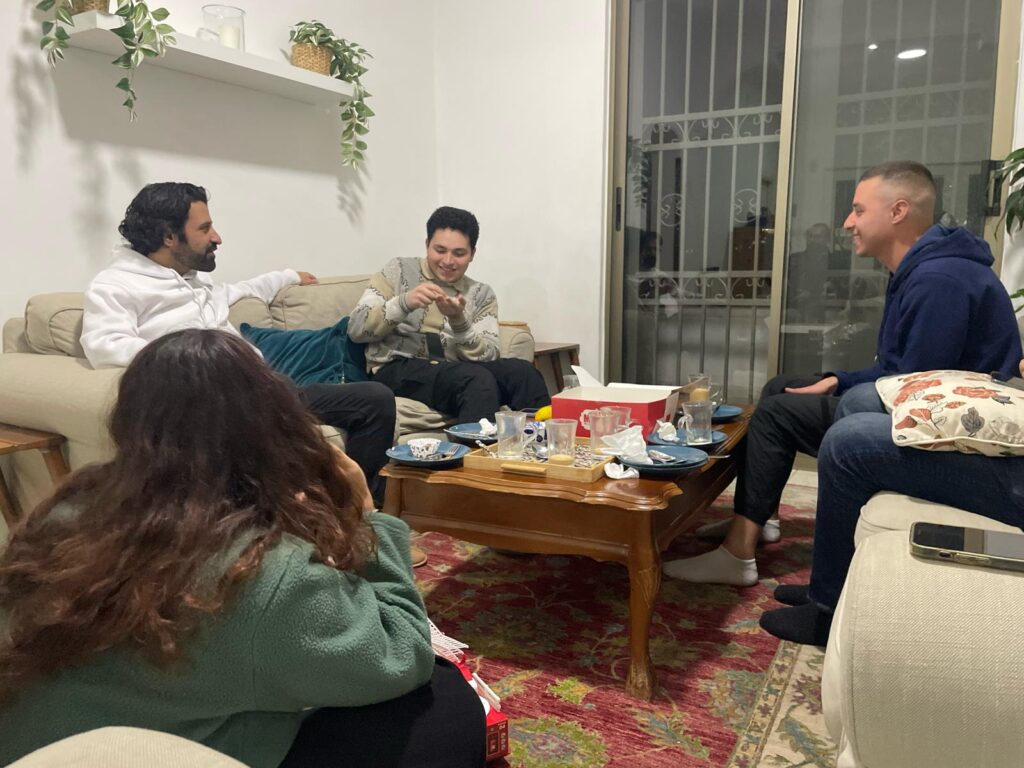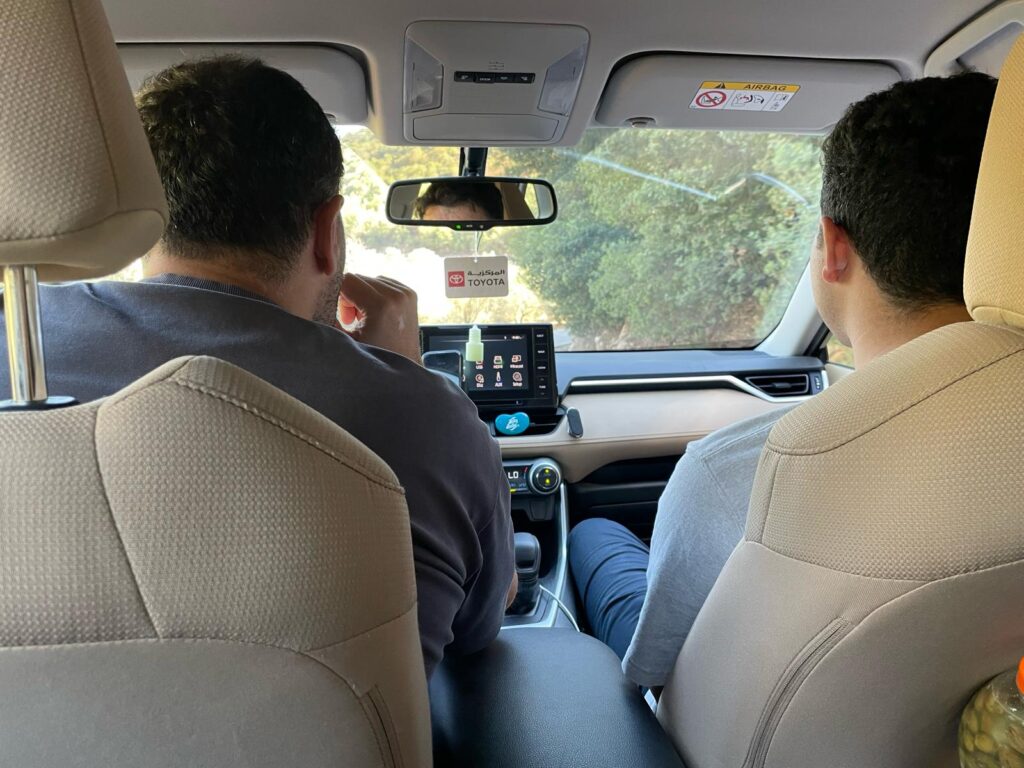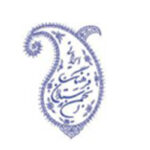From Canada to Morocco: A path of confirmations
After deciding to pioneer to Morocco, Núr Elmasri describes his experience in Jordan, where he stayed for a three-month orientation.
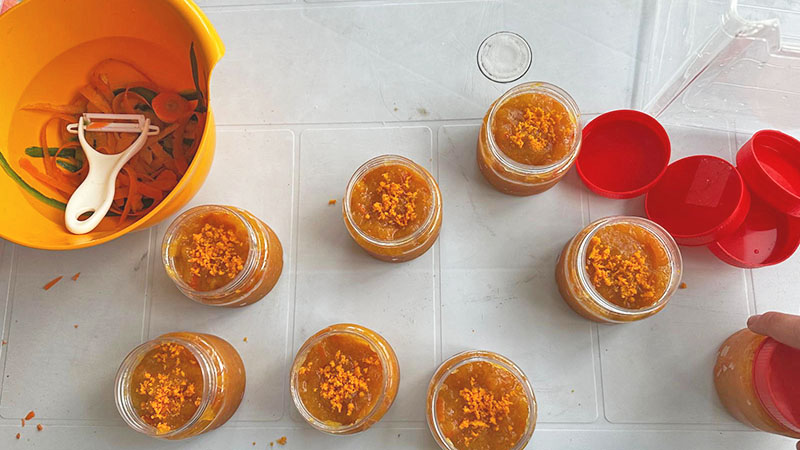
During the first year of the Nine Year Plan, a conversation with an Auxiliary Board member first opened my mind to the idea of pioneering internationally. By arising as a pioneer, I could share what we were learning about the community-building process in Canada and help other neighbourhoods to advance. At that time, the idea felt distant—I liked serving in my neighbourhood in Canada and was still completing my university degree—but the seed was planted.
I later attended an institute seminar alongside a group of pioneers leaving Canada, and the seed began to germinate. One of my friends (and a soon-to-be pioneer) asked, “If ‘Abdu’l-Bahá were here and asked you to pioneer, what would you say?” That moment sparked deep reflection. I told her I couldn’t leave Canada because my parents needed me. She asked me how I knew this, but I didn’t have an answer. An encouraging phone call with my mother alleviated these concerns and provided clarity. She told me that others in our family had pioneered and that it was a blessing. I saw this as confirmation.
Through consultation with others, including family members and my Auxiliary Board member, I began to explore the idea of pioneering more seriously. Soon, Morocco was selected as my pioneering post. Being of Egyptian heritage, I speak Arabic reasonably well. Also, although it did not materialize, my workplace offered me a job at their location in Morocco. I still had one semester left to complete my degree, which included writing an undergraduate thesis paper. Before I left, the option of completing it remotely and undertaking field research with a Bahá’í-inspired NGO in Jordan became available. One by one, the doors opened.
Though I was preparing to leave my home, the bonds with my family strengthened. During this time, my mother and I visited the Wilmette Temple as a spiritual preparation. On the drive there, she shared stories from our family history. During our conversations, I learned that my grandfather pioneered to Morocco many years ago! We also recalled that when we went on pilgrimage to the Bahá’í World Centre a few years ago, the first group of Moroccan pioneers were in the same group as us. Again, I took these as signs that I was on the right path.
As I was leaving to fly to Jordan for my orientation, I was surrounded by the love of my friends and family, but was in a strange position knowing that I had no idea what the rest of my future held.
Before beginning at my pioneering post in Morocco, I spent three months in Jordon, arriving in January 2025. When I first arrived in Amman, everything felt foreign. The cold seeped through the thick walls, the heating system was unfamiliar, and I did not yet have data or internet. Sitting alone in an empty house at 3 a.m., wrapped in seven blankets, a deep sense of isolation began to settle in. But by morning, determined to shift my mindset, I turned to prayer and the Writings. Almost instantly, a sense of calm washed over me.
Over the weeks that followed, Jordan became a site of profound learning for me. I spent most of my time working alongside friends in two neighbourhoods. During Ramadan, the children prepared small gift bags of dates and water for their neighbours. Their joy and spirit of service showed me how simple, consistent acts can bring people from different backgrounds together.
There was a genuine openness among the friends in Jordan to welcome others into spaces of learning and reflection. Whenever we began a new study circle or devotional meeting, the first question was always: Who else can we invite? That natural inclusivity taught me that community building is not about numbers, but about hearts drawn together by the Word of God.
Conversations about faith arose effortlessly. In coffee shops, during study circles, and even late-night walks, youth asked deep questions about life, justice, and the existence of God. Many came from difficult circumstances, yet their sincerity and hunger for meaning was moving. In those moments, I learned that listening with empathy is sometimes the greatest act of teaching.
The Bahá’ís I served with in Jordan modelled humility and awareness of local culture. They reminded me of the importance of tutoring in pairs, visiting families with sensitivity, and understanding that modesty and boundaries are forms of reverence, not restriction. Through these experiences, I came to see how service requires both courage and discernment.
Building connections with neighbours took time. One older man often complained about us making noise. Around the time of Ayyám-i-Há, we decided to make gifts for the neighbourhood, including jars of homemade naranj jam[1]. When we handed one to him, he looked skeptical. The next day, he called us over, smiling: “This jam is amazing.”
He invited us inside, shared his story, and played us his music. We spent the evening listening to songs in Arabic, French, and Spanish; each one carried a different part of his life. He told us that although he didn’t believe in God, when his children were young, he made sure they prayed and fasted, because he wanted them to have faith in something bigger than themselves. His honesty stayed with me; it reminded me how belief and love can take many forms. After that, he didn’t complain once. In fact, he said that “noise means life.”
Another neighbour, an older woman living below us, began bringing us food every morning, like homemade cakes, dates, and other snacks. Her cheerful 7 a.m. visits became part of our daily routine, sometimes accompanied by small stories or jokes that would brighten the morning before the day even began. It was such a simple exchange, but it became one of the most heart-warming parts of daily life here.
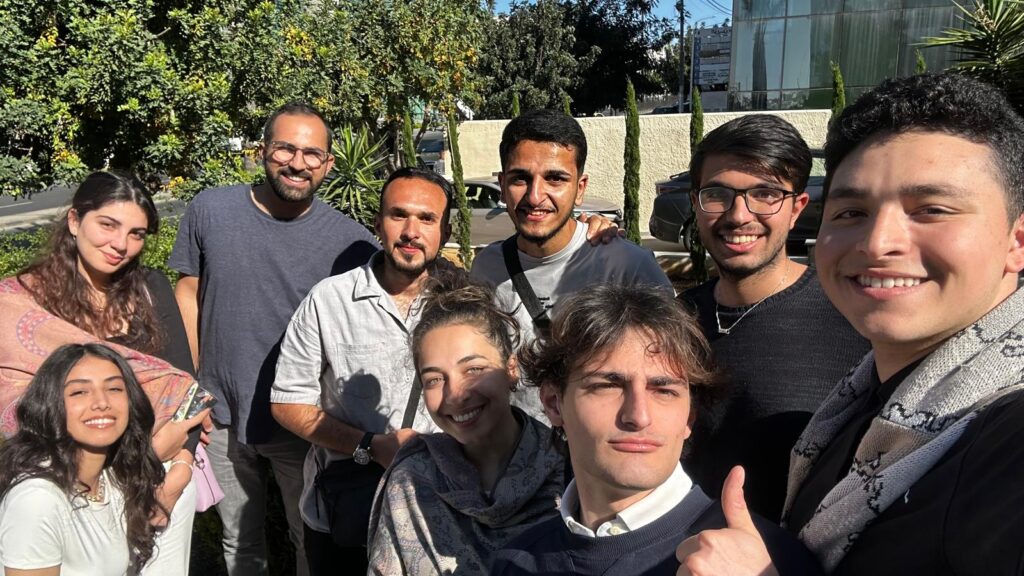
As my departure for Morocco approached, I realized that Jordan had been more than a stop on the way; it was a training ground for the heart. The friendships formed, the lessons learned, and the quiet confirmations along the way deepened my understanding of what it means to arise in service.
As I prepared to leave Jordan, I thought about how easy it is to become attached to the people you live around. My view of this place and its people was completely different from what it had been three months earlier. As I walked through the neighbourhood and spotted my friends at the coffee shop or the tiny grocery store around the corner, I found myself smiling. If there’s anything this experience has taught me, it’s this: be chill, listen deeply, and never stop inviting.
– Núr Elmasri
[1] Naranj is a variety of orange.
Category: Features
